Growth, Actually | Chapter 1: Profit Isn’t a Dirty Word
Profit has an image problem.
Somewhere between "blitzscale" and "burn rate," founders were taught to treat it with suspicion. A distraction. A limit. A signal, maybe, that you’re not aiming big enough. The word itself seems to carry a whiff of compromise, as if making money too early means you’re not ambitious enough. As if real startups should survive on fumes and vision until the Series B lands.
But let’s be blunt. A business that bleeds cash indefinitely is not a business. It’s a hope with a payroll. And even the most dazzling pitch deck won’t keep the lights on if the economics are upside down. Profit isn’t small thinking. It’s long thinking. The kind that lets you build something durable rather than just investable. And in this chapter, we’re making the case for why it’s time to reclaim profit not just as a metric, but as a mindset.
The Case for Profit (Even If You’re Not Bootstrapping)
Let’s be clear. This isn’t a war cry for profit over growth. It’s a call for profit with purpose. Profit as leverage, not just leftovers. Growth and profit are not at odds. In the right hands, they power each other. But somewhere along the line, they got divorced. And profit became the thing you apologise for.
Profit gives you breathing space. It buys time when markets wobble. It gives you control when deals are on the table. And it gives you options. You have the ability to say no to money that doesn’t serve your vision, or to hold out for terms that do. It is what lets you choose your path, rather than sell the steering wheel for runway. Without it, you're always fundraising, always firefighting, and always building from a place of scarcity. That’s not bold. That’s brittle.
Why Profit Gets Ignored (and Why That’s a Problem)
Founders don’t ignore profit because they’re reckless. They ignore it because the ecosystem rewards top-line growth. CAC down, LTV up, logos on a slide. Profit becomes "eventual." Something to figure out once scale arrives. The problem is, scale doesn’t fix bad economics. It amplifies them.
We’ve seen it time and again: businesses that scale revenue without a working profit engine end up spinning plates on a larger stage. Margins don’t magically appear with volume. They vanish faster. The fixed costs balloon. The customer support needs double. The operational cracks widen. And suddenly the funding round isn’t for growth.. It's for survival. That’s why building for profit early isn’t conservative. It’s strategic. It’s the only way to know your model actually works.
What Profit Buys You (That Growth Alone Won’t)
When you build a business that knows how to make money (not just raise it), you change the whole tone of the conversation. You’re no longer pitching from a place of promise. You’re negotiating from proof. Investors stop asking what might work, and start seeing what already does.
Profit gives you gravity. It steadies the room. It gives you a base to grow from that isn’t dependent on capital cycles or investor confidence. That stability is rare. And in the current climate, it’s valuable. The founders who can point to sustainable margins, repeatable revenues, and operational discipline are the ones who command attention and better terms. Because when the money is expensive and scrutiny is high, nothing speaks louder than a model that funds itself.
Enter: The CFO That Says No (or at least..Why?)
The founders we work with aren’t lacking ambition. They’re running fast, leading teams, and juggling the noise of scale. What they often lack is a partner who brings a colder eye. Someone who isn’t swept up in the excitement, but grounded in the numbers. Someone who can say: "This looks great, but.. it doesn’t stack up."
That’s where a fractional CFO comes in. Not to dampen ambition, but to test it. To turn your story into a model, and your model into a map. They ask the uncomfortable questions: Where’s the margin? What happens if growth stalls? Is this strategy a bridge or a cliff? It’s not just about stress-testing the plan. It’s about building one that holds under pressure.
That often means working hand-in-hand with a curated network of trusted partners. From FX and treasury, to insurance, debt, legal and external accounting, we plug clients into a network designed for resilience and scale. Take Gerald Edelman, for example: their finance and advisory teams help founders bring order to the chaos, working alongside Fractionality to bring insight, clarity and control.
Together, we turn inconsistent reporting into sharp narrative, transform board packs into tools you’re proud of, and embed the kind of rigour that turns profit from a mirage into a measurable goal.
Quietly and efficiently, we lay the foundations, so leadership gets the strategic insight it needs, and the business is always diligence-ready, from governance to growth.
Why It Matters
Profit is not the end of ambition. It’s what makes it sustainable. When you start building for profit early, you’re not limiting your upside. You’re preserving it. You’re protecting your ability to scale on your terms, without selling equity every six months just to keep going.
You can still chase market share. You can still experiment. But you’re doing it from a place of strength, not desperation. You’re building a business that can breathe. One that your team can rely on, your investors can trust, and your customers can root for. Because when the cash runs out, it’s not the best idea that survives. It’s the one that knows how to fund itself.

